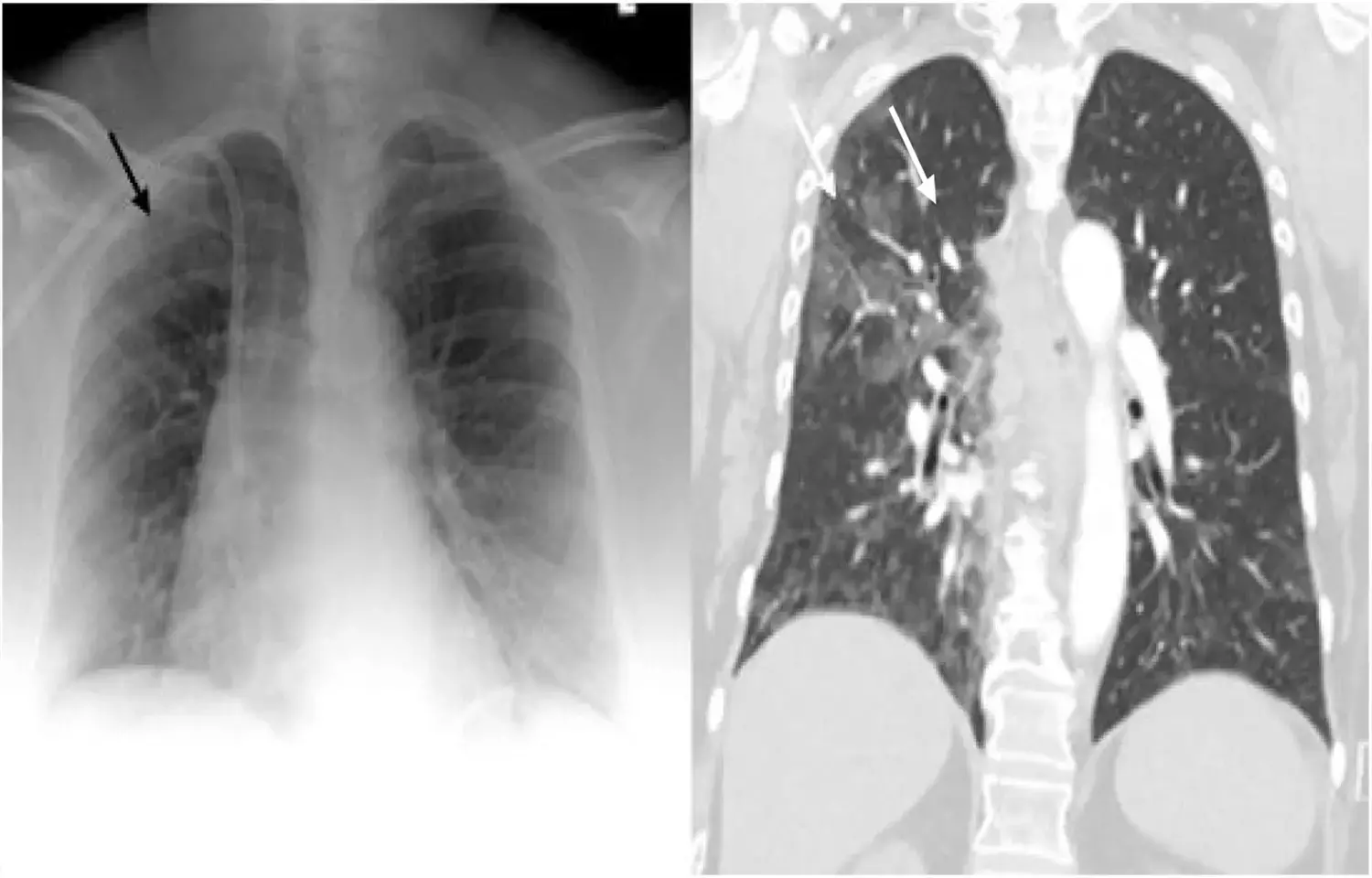- Home
- Medical news & Guidelines
- Anesthesiology
- Cardiology and CTVS
- Critical Care
- Dentistry
- Dermatology
- Diabetes and Endocrinology
- ENT
- Gastroenterology
- Medicine
- Nephrology
- Neurology
- Obstretics-Gynaecology
- Oncology
- Ophthalmology
- Orthopaedics
- Pediatrics-Neonatology
- Psychiatry
- Pulmonology
- Radiology
- Surgery
- Urology
- Laboratory Medicine
- Diet
- Nursing
- Paramedical
- Physiotherapy
- Health news
- Fact Check
- Bone Health Fact Check
- Brain Health Fact Check
- Cancer Related Fact Check
- Child Care Fact Check
- Dental and oral health fact check
- Diabetes and metabolic health fact check
- Diet and Nutrition Fact Check
- Eye and ENT Care Fact Check
- Fitness fact check
- Gut health fact check
- Heart health fact check
- Kidney health fact check
- Medical education fact check
- Men's health fact check
- Respiratory fact check
- Skin and hair care fact check
- Vaccine and Immunization fact check
- Women's health fact check
- AYUSH
- State News
- Andaman and Nicobar Islands
- Andhra Pradesh
- Arunachal Pradesh
- Assam
- Bihar
- Chandigarh
- Chattisgarh
- Dadra and Nagar Haveli
- Daman and Diu
- Delhi
- Goa
- Gujarat
- Haryana
- Himachal Pradesh
- Jammu & Kashmir
- Jharkhand
- Karnataka
- Kerala
- Ladakh
- Lakshadweep
- Madhya Pradesh
- Maharashtra
- Manipur
- Meghalaya
- Mizoram
- Nagaland
- Odisha
- Puducherry
- Punjab
- Rajasthan
- Sikkim
- Tamil Nadu
- Telangana
- Tripura
- Uttar Pradesh
- Uttrakhand
- West Bengal
- Medical Education
- Industry
Chest radiograph and AI may predict need for hospitalization, supplemental oxygen in COVID patients: Study

USA: Deep learning analysis of chest x-ray may predict the need for supplemental oxygen and hospitalization in COVID-19 patients, finds a recent study.
The result, published in the journal Academic Radiology, suggests that further and validation and extension of this methodology is warranted.
Researchers created an AI program that first identified comorbid conditions such as chronic obstructive pulmonary disease (COPD) and cardiac arrhythmias on frontal chest x-rays of COVID-19 patients. The algorithm then predicted the likelihood of whether those patients would require full hospital admission and supplemental oxygen within 14 days.
In the study, Ayis Pyrros, DuPage Medical Group, Radiology, and colleagues aimed to determine the prognostic value of an outpatient chest radiograph, together with an ensemble of deep learning algorithms predicting comorbidities and airspace disease to identify patients at a higher risk of hospitalization from COVID-19 infection.
The retrospective study included 413 outpatients with COVID-19 confirmed by reverse transcription-polymerase chain reaction testing who received an ambulatory chest radiography between 3/17/2020 and 10/24/2020. Full admission was defined as hospitalization within 14 days of the COVID-19 test for >2 days with supplemental oxygen. Univariate analysis and machine learning algorithms were used to evaluate the relationship between the deep learning model predictions and hospitalization for >2 days.
Key findings of the study include:
- Fifty-one patients (12.3%) required full admission.
- A boosted decision tree model produced the best prediction.
- Variables included patient age, frontal chest radiograph predictions of morbid obesity, congestive heart failure and cardiac arrhythmias, and radiographic opacity, with an internally validated area under the curve (AUC) of 0.837 on a test cohort.
"Deep learning analysis of single frontal chest radiographs was used to generate combined comorbidity and pneumonia scores that predict the need for supplemental oxygen and hospitalization for >2 days in patients with COVID-19 infection," wrote the authors. "Comorbidity scoring may prove useful in other clinical scenarios."
Reference:
The study titled, "Predicting Prolonged Hospitalization and Supplemental Oxygenation in Patients with COVID-19 Infection from Ambulatory Chest Radiographs using Deep Learning," is published in the journal Academic Radiology.
DOI: https://www.academicradiology.org/article/S1076-6332(21)00217-8/fulltext
Dr Kamal Kant Kohli-MBBS, DTCD- a chest specialist with more than 30 years of practice and a flair for writing clinical articles, Dr Kamal Kant Kohli joined Medical Dialogues as a Chief Editor of Medical News. Besides writing articles, as an editor, he proofreads and verifies all the medical content published on Medical Dialogues including those coming from journals, studies,medical conferences,guidelines etc. Email: drkohli@medicaldialogues.in. Contact no. 011-43720751


